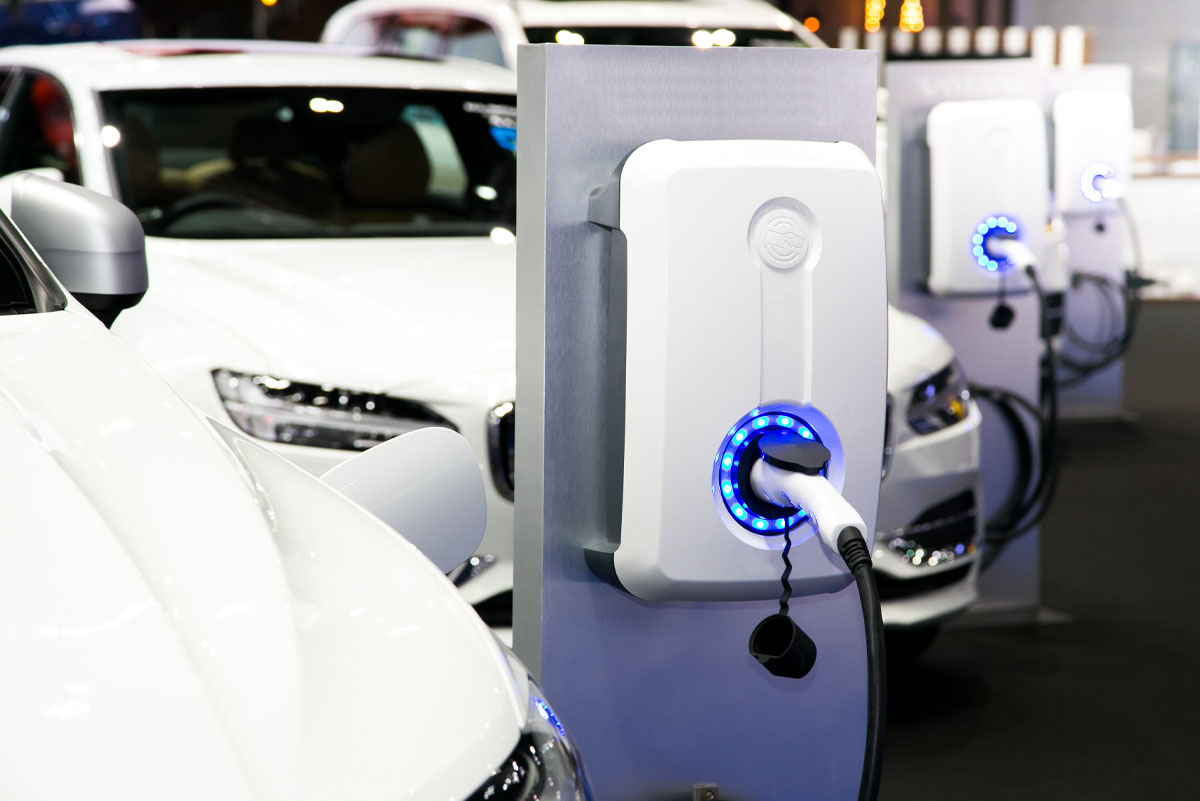As we become increasingly aware of the climate crisis, more drivers are looking to make greener choices on the road. The emissions from petrol and diesel vehicles not only impact our health but also contribute to environmental damage. These vehicles release pollutants like carbon monoxide and nitrous oxides, accounting for nearly 90% of their environmental impact. However, there's a positive shift happening with the rise of hybrid and electric vehicles, which offer a cleaner and more eco-friendly driving experience.
You might have noticed cars sporting distinctive 'green' number plates, particularly since the UK government introduced them in 2020. These plates feature a subtle green stripe to the left of the usual characters and aren't exclusive to cars alone. Lorries, buses, taxis, and motorcycles can all don these green plates, provided they meet the criteria for zero emissions.
As we move towards a future dominated by electric power, traditional fuel-powered vehicles will gradually fade away. By 2030, there will be no new petrol or diesel cars manufactured, making way for electric vehicles. The introduction of green number plates serves to raise awareness of electric and low-emission vehicles, encouraging more drivers to make the switch to cleaner driving.
Besides helping identify electric vehicles on the road, green number plates come with additional perks. In congested areas like London, there are emissions charges for non-electric vehicles entering Ultra-Low Emissions Zones (ULEZ). Electric car owners, however, are exempt from these charges. With clean air zones expanding to cities like Birmingham and Manchester, coupled with rising fuel prices, owning a petrol or diesel vehicle is becoming costlier. Transitioning to an electric vehicle may not only be environmentally responsible but also financially savvy. Moreover, electric car owners may enjoy other benefits like discounted parking and access to previously restricted areas.
While not all electric vehicles in the UK currently sport green number plates, car manufacturers are likely to include them on newly produced electric vehicles. If you own an electric vehicle without green plates, you can easily add them by getting new plates made and providing proof of owning a zero-emission vehicle. While it's not mandatory to have green number plates for your electric car, they're a stylish way to showcase your commitment to the planet.
Green number plates can be personalised as a private number plate, just like standard plates, and fitting them onto your vehicle won't affect your insurance. However, if your car still runs on petrol or diesel, you won't be allowed to use green number plates, as they're reserved for electric or zero-emission vehicles. So, whether you're cruising in a traditional car or an electric ride, making eco-conscious choices on the road is always a good idea!


